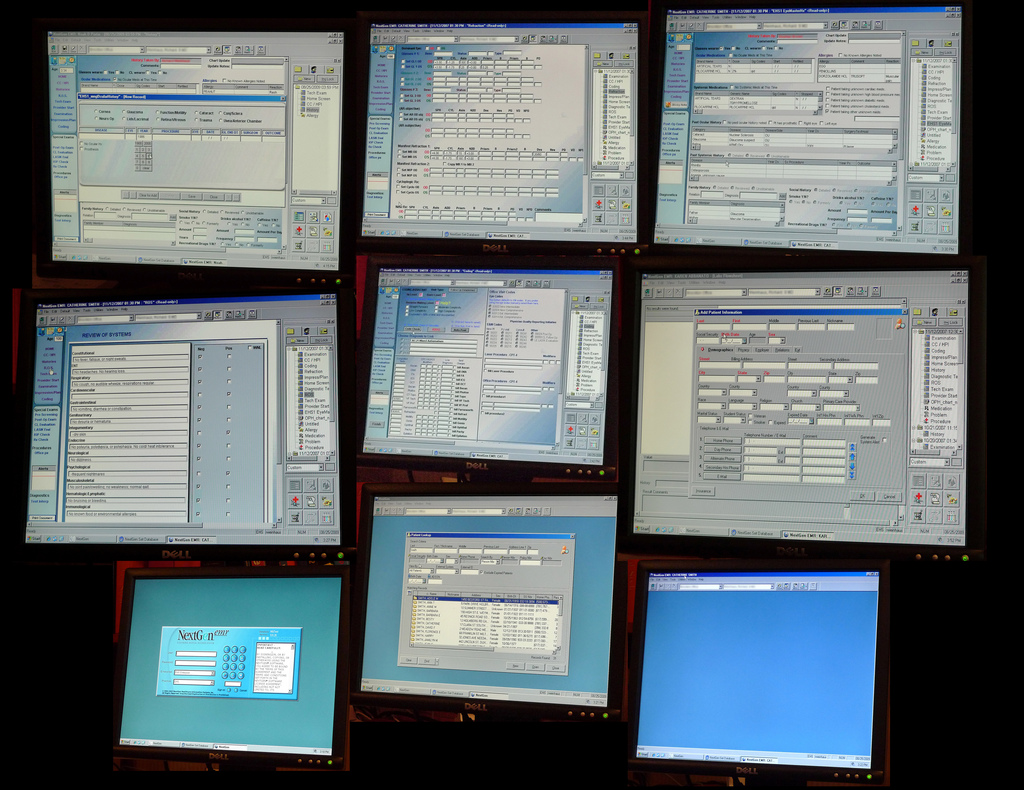
Internet Materialism and it’s Global Development
There are two very important issues about the development of global materialism and societies, they are environmental sustainability and the utilization of information and communications technology. The recognition that growth that depends on short-term depletion of natural resources could not further long-term prosperity or welfare. Sustainable development is defined as development that meets the needs of the present world, without compromising the ability of future generations to meet their own needs. Dramatic changes in technology and the materialism of the internet enabled rapid and far-reaching expansion of internet access and the range of internet services, including the advent and spread of the world-wide-web. It is generally and universally recognized that the world’s present approach to material growth is built upon foundations that are not sustainable because of natural resource depletion and the negative impacts of pollution and greenhouse gas emissions on the between humanity and planet earth.
New ICT technologies (information and communications technology – or technologies) have had a very significant impact on material and social relationships among individuals, societies and the world at large. High-speed internet has been a major driving force of globalization in natural resource, capital, labor, and product markets. Mobile telephones, especially smartphones, have for the first time made immediate communications at a distance available to the majority of people
telephones, especially smartphones, have for the first time made immediate communications at a distance available to the majority of people world-wide. The internet has redefined the availability of information and disrupted traditional social and material structures, from intellectual property and trade in goods and services to privacy, and social mores. ICT’s and the internet are widely seen as opportunities to bypass historical material development constraints. Both have impacts at the global, national, and community levels. Both are already changing the way we think and act as citizens and in societies, in policy and practice.
has been a major driving force of globalization in natural resource, capital, labor, and product markets. Mobile telephones, especially smartphones, have for the first time made immediate communications at a distance available to the majority of people world-wide. The internet has redefined the availability of information and disrupted traditional social and material structures, from intellectual property and trade in goods and services to privacy, and social mores. ICT’s and the internet are widely seen as opportunities to bypass historical material development constraints. Both have impacts at the global, national, and community levels. Both are already changing the way we think and act as citizens and in societies, in policy and practice.
The internet is changing the way we work, socialize, create and share ideas, information, and organize the flow of people, and things around the globe. From an obscure network of researchers and technology experts four decades ago, the internet has become a day-to-day reality for more than a third of the world’s human population. Today over 3 billion people are connected to the internet, and almost $10 trillion exchange hands each year through e-commerce. There is a clear connection between the maturity of the internet ecosystem and rising living standards. It has been measured that an increase in internet maturity similar to the one experienced in the advanced nations over the last 20 years correlates with an increase in real per capita GDP of $1,000 on average during this period. It took 70 years for the Industrial Revolution of the 19th century to achieve similar results. This proves the positive impact the internet delivers to all levels of society and the speed at which it delivers them. The correlation to increasing living standards is particularly relevant for developing economies, and their abilities to rapidly leap forward and drive internet-related development.
The internet is here and has served notice that it will revolutionize the materiality and societies of the 21st century. It can be a positive change for the betterment of humankind, supplying engines of development to regions of the world that have been disadvantaged in the past, creating whole new industries from solid state electronics and computer software code, and offering hope and opportunity to several millions with it’s ability to spread, knowledge, understanding, consumer empowerment, and organize social interaction.